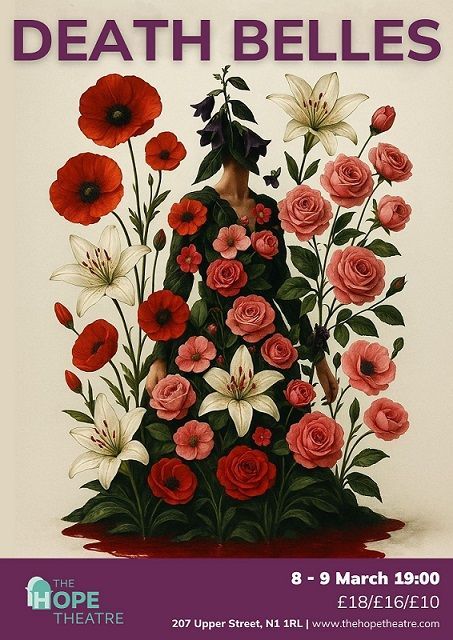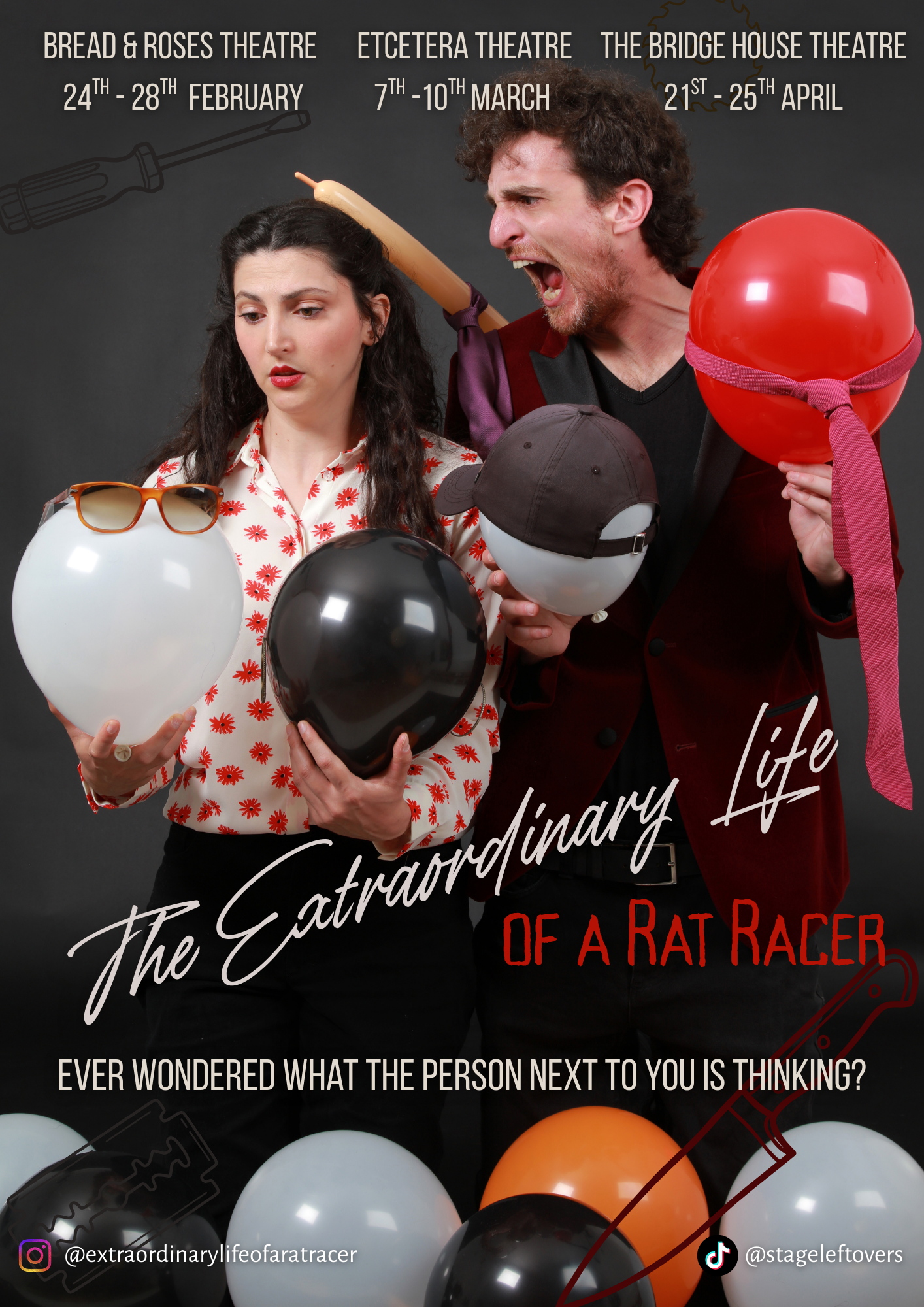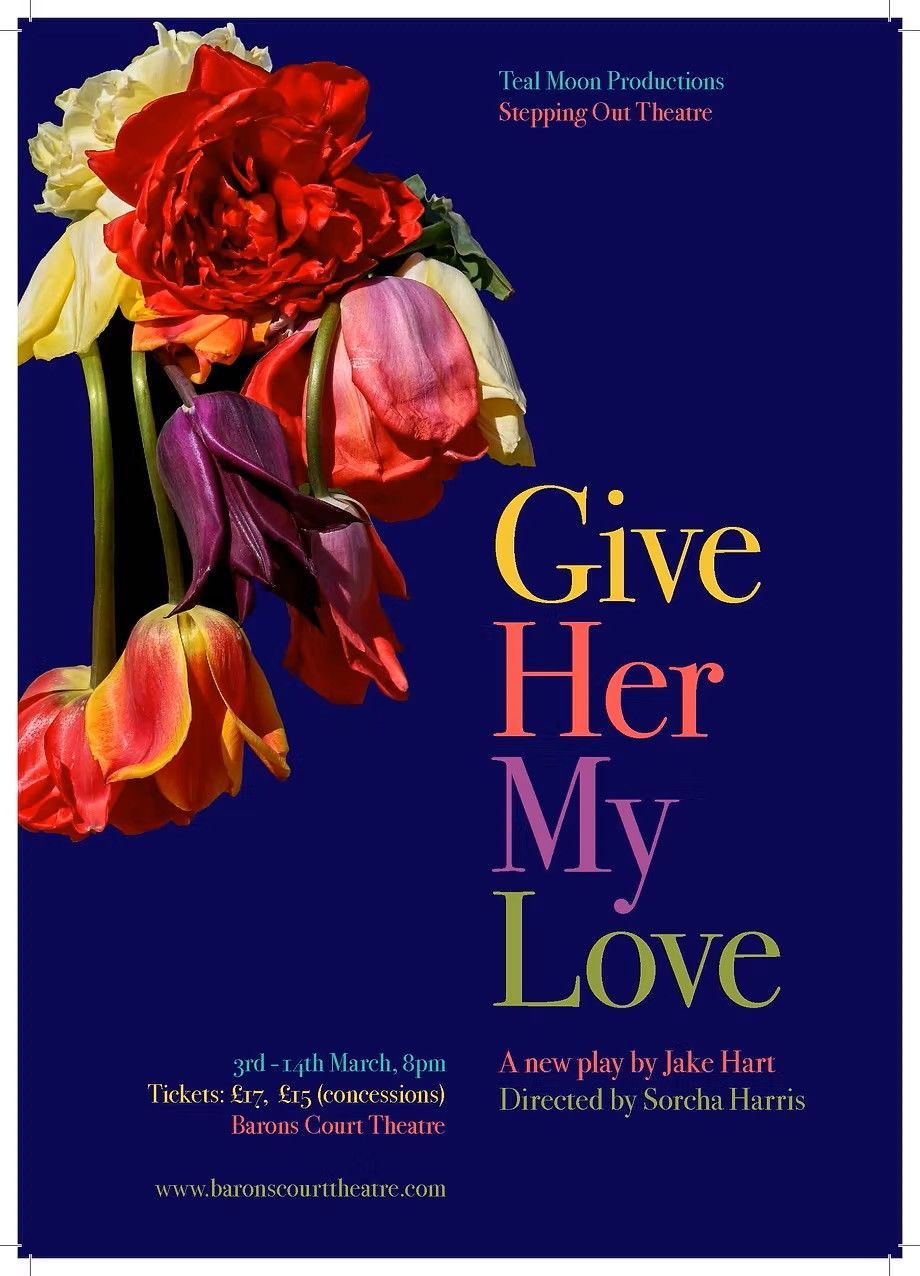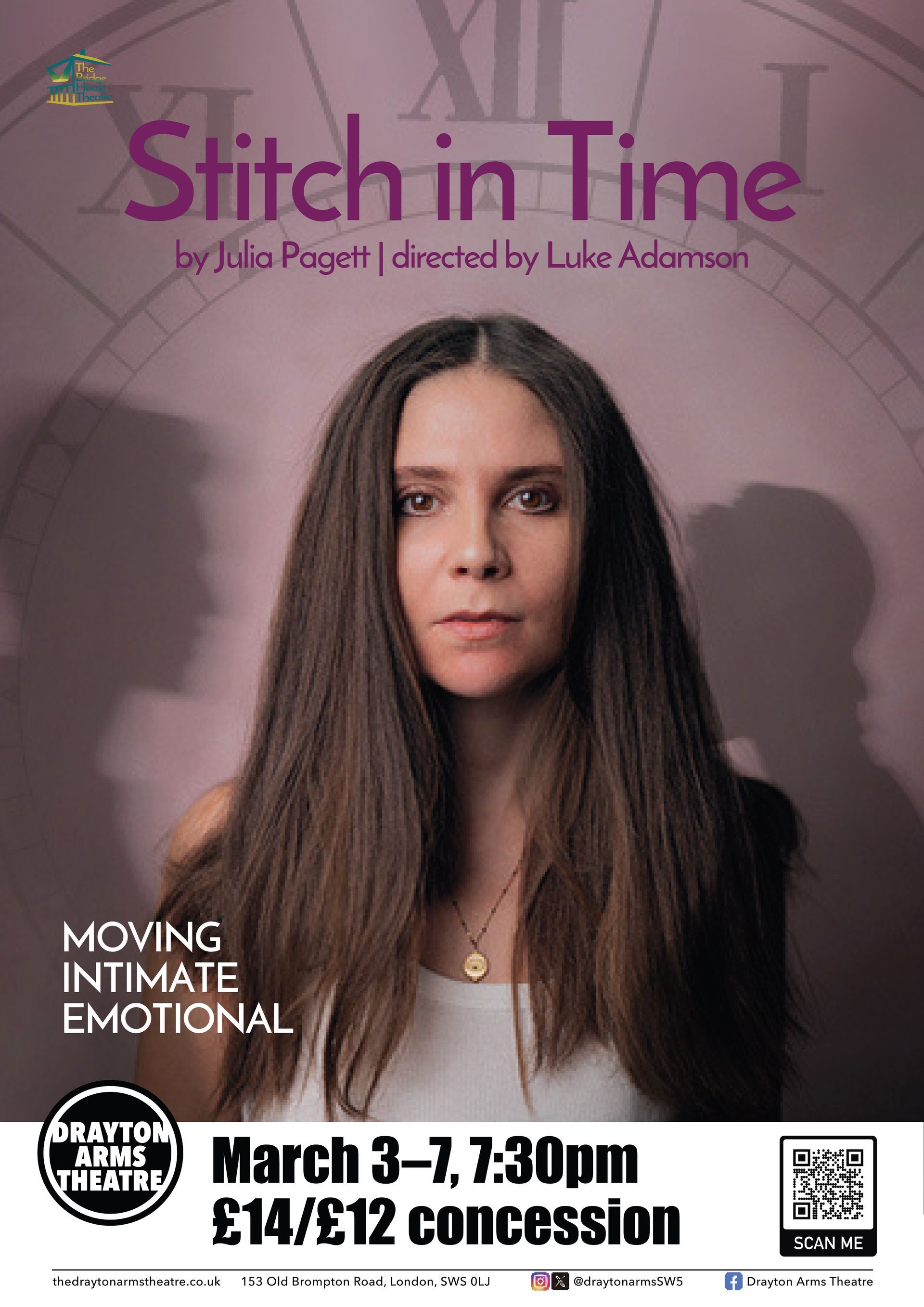Review: THE STRAW CHAIR by Sue Glover at Finborough Theatre until 14 May 2022

‘Siobhan Redmond’s beautiful, tragic, lost gaze as a phase of her frozen existence comes to an end is a final, haunting image of a glorious evening’s entertainment’ ★★★★★
The year is 1740, the place Scotland between the once and future Jacobite rebellions of ’15 and ’45. Specifically, the place is a remote island off the northern coast where a youthful and callow Minister of the Kirk has taken his even younger wife, a bride of but 10 days and a woman of but 19 summers, to bring God to an isolated community.
There is but one chair on this godforsaken island, a straw chair intended by the community as an honour for the Minister and his wife but seized from them on the day of their arrival by the Lady Rachel Erskine, mad, bad and dangerous to know, a well-born exile in a prison not of her choosing.
Sue Glover’s play, based on a true story, premiered in Edinburgh as long ago as 1988 and gets its English premiere in a cracking production at the Finborough, intense, moving and thought-provoking from its very first scene to its inevitable and despairing denouement.
The Lady Erskine (Siobhan Redmond) was effectively kidnapped by her husband and sent far, far across the water to keep her out of sight of polite society, a rambunctious, improper, drunk and opinionated woman at a time when polite Edinburgh required daintiness, decorum and above all silence from the wives of secret Jacobites pretending to be Whigs.
The sheer weight of Redmond’s remarkable performance – playful, vicious, whimsical, lost all in the space of a scene or a speech, a woman in her 60s who can capture the innocence of a lost little girl at the same time as she curses and swigs brandy – could overbalance a cast of four on a tiny stage.
That it doesn’t is testimony to her generosity in giving space to the Minister (Finlay Bain), his wife (Rori Hawthorn) and the serving woman (Jenny Lee) who may be Lady Erskine’s nurse or her jailor. It is also testimony to the uniform excellence of their own performances as they react both to the isolated unfamiliarity of the island on which they find themselves and to the strange, ranting, charismatic woman whose prison it has become.
Hawthorn in particular, excels as Isobel, moving from pale-visaged terror at being cast into this spartan nightmare from her comfortable 19-year-old Edinburgh existence towards wide-eyed love of the freedom that nature in the raw awakens in her. She makes a strong foil for Redmond’s swoops from wickedness to vulnerability and back again via confusion and pain, her mobile features expressing both the immaturity and soulful awakening of this girl forced into almost overnight adulthood.
A sequence in which the Lady Erskine having obtained brandy introduces both Isobel the wife and Oona the servant to its freeing, illicit, joys and freedoms – singing, dancing, laughing – is a soul-enhancing highlight, with always the risk that strait-laced Minister Aneas will happen upon their bacchanalian excesses in his Presbyterian horror. The tenderness of Aneas and Isobel on the night they consummate their marriage is another.
The production’s also fabulous to look at – the Finborough’s tiny space and a cast of four suggesting, with the help of a literate and well-made play, a much larger cast of islanders, lairds, stewards and factors. A simple mix of white sheet, blue light, wooden bed somehow enables us to see the monthly supply ship sailing away, the puffins on the neighbouring island that will supply meat and eggs, the work of the fisher folk, the mist, the sky, the endless space that surrounds these tiny, constrained lives.
Inevitably, the priggish Minister who has come to civilise the natives finds himself changed by nature’s demands, not least as regards the wife he had noticed and admired but barely spoken to before their post-wedding voyage here. The scenes between the two of them, initially awkward, unknowing of each other, become increasingly tender as he comes to know that she is wiser in the way the world works than he is.
Ultimately, as they leave to return, they know not where, leaving Lady Erskine to her lonely, imprisoned fate, the play hits its saddest note. She will remain an exile to her death, cast aside by a society that knew not how to cope with a woman who refused to meet the standards male society required of her. Siobhan Redmond’s beautiful, tragic, lost gaze as a phase of her frozen existence comes to an end is a final, haunting image of a glorious evening’s entertainment.
Photography: Carla-Joy-Evans
THE STRAW CHAIR by Sue Glover at Finborough Theatre
19 April - 14 May 2022
Director: Polly Creed
Presented by True Name Productions
Box Office https://finboroughtheatre.co.uk/production/the-straw-chair/
Reviewer:
David Weir's plays include Confessional (Oran Mor, Glasgow), Better Together (Jack Studio, London), Those and others performed across Scotland, Wales and England, and in Australia, Canada, Switzerland and Belgium. Awards include Write Now Festival prize, Constance Cox Award, SCDA best depiction of Scottish life, Joy Goun Award and twice Bruntwood longlisted.













